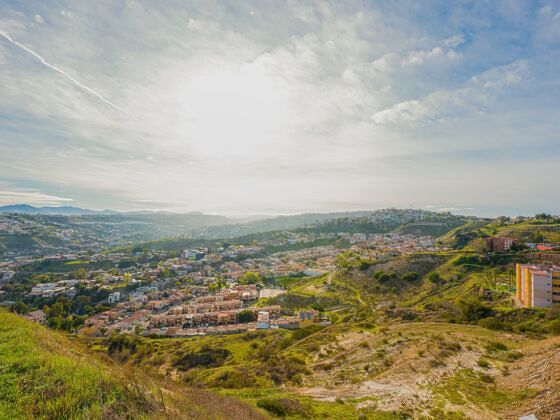THE MORNING OF MY 21ST BIRTHDAY, I woke on a plywood bunk with three other guys. This wasn’t unusual. They were fellow workers at the mission where I was volunteering. I was the oldest, as well as the most senior of the staff. This was my second birthday spent in the slum of El Florido, Mexico, on the east side of Tijuana.

The morning routine played as usual. We ate and washed and talked. The other staff wished me a happy birthday, but celebrations weren’t on the schedule. We built houses for those who could afford to buy land, but couldn’t afford to put buildings on their lots. Certain laws stated that if land wasn’t built on within thirty days, it could be reclaimed. This created a service niche for us.
Looking at the daily build instructions, we noticed all of our projects for the day were in the same area. This was unusual. Normally, we’d be dispersed all over Tijuana. Today, we were right next to each other. We pressed the director for an explanation. He promised us it was a unique occasion, but left it at that. The mystery of the situation excited us.
The staff paired off and led groups of American and Canadian teens, mostly from church youth programs, in the loading of our work trucks with tools and wood. We met with the families we’d be building for that day. The Mexicans who came to us were typically from somewhere south of Tijuana, moving up with the hopes of crossing the border some day, only to find a million other people just like themselves — aliens in their own country.
We drove as a caravan. Work trucks in the lead, one staffer driving, Mexican family in the cab, the second staffer hanging out in the back of the truck or in the rented 15-passenger van full of volunteers following. The families directed us to their homes. They always seemed to take us down back roads, with many unnecessary turns and deviations. They were used to riding in the city’s calafias — little red buses rented by Tijuanenses that served as a sort of privatized public transportation system. This was the way they knew to get back to their land.
Our families stopped us at the base of a mountain somewhere on the western side of Tijuana. Marisa, a 26-year-old mother of three, left our truck and started for a stairway built of rammed earth tires leading up the slope. She stood at the base and pointed, telling us her lot was up the steps. Three other Mexican women, those from the other staff’s groups, followed her up the tires, children in arms. We instructed our teens to stay at the base and start unloading the trucks while we followed the women.
After the 70ft climb, the women showed us their plots. They explained this wasn’t new land — it was the place they’d been living for years. The remains of their homes covered the ground, staining huge walls of dirt they’d carved out of the mountain.
Everything had burned. Only soot remained.
The tiny community carved into the mountain had caught fire. In the desert climate of Tijuana, the untreated lumber that most people use to build their homes might as well have been kindling. These people, who had nothing before the fire, had even less now.
The build day was pretty typical. Hauling the tools up the tire stairs was a challenge, but once everything was transferred the houses went up in several hours. We had lunch with the family and prayed with them at the end of the day. Some of the volunteers were visibly struck by the destruction on which we were building, but most were still too culture-shocked from Tijuana in general to really grasp what had happened. We built four houses that day — four houses where there once had stood a neighborhood.
The work ended and the kids hauled the tools and remaining lumber back down the mountain. The Mexican women were grateful — they always were — but their demeanor wasn’t that different from when we’d picked them up in the morning. Not to say they weren’t excited. They were. But there was a sense of “business as usual” among them that struck me. As though the houses burning and the loss of what little material things they had was just another of those things that happen in life.
In Tijuana there’s a phrase you hear a lot: ni modo. It essentially means, “Screw it, there’s nothing we can do anyway.” It’s an attitude both freeing and depressing. These families had lost everything and gained a few 12×12 “houses” that most Americans wouldn’t use to store their lawn mowers. But they were happy. They were happy without the houses. They were happy with the houses. It was just stuff, and stuff comes and goes a lot in Tijuana. The stuff that actually mattered was safe and alive and ready to move into the new homes.
I forgot it was my birthday. 21st. There wasn’t going to be any drinking that night. Drinking wasn’t allowed while living at the mission. I was covered in soot, and laundry was a few days off.
A small part of me wanted to conjure up some self-righteous self-congratulation about how most people would be out getting sloshed on their 21st, but that I was off serving the Lord in a foreign land. I pushed that away. The truth was, I was disappointed the day would pass with little fanfare. I almost said ni modo. But I stopped myself. I didn’t really deserve to use that phrase.